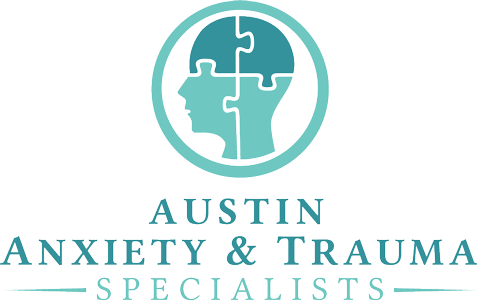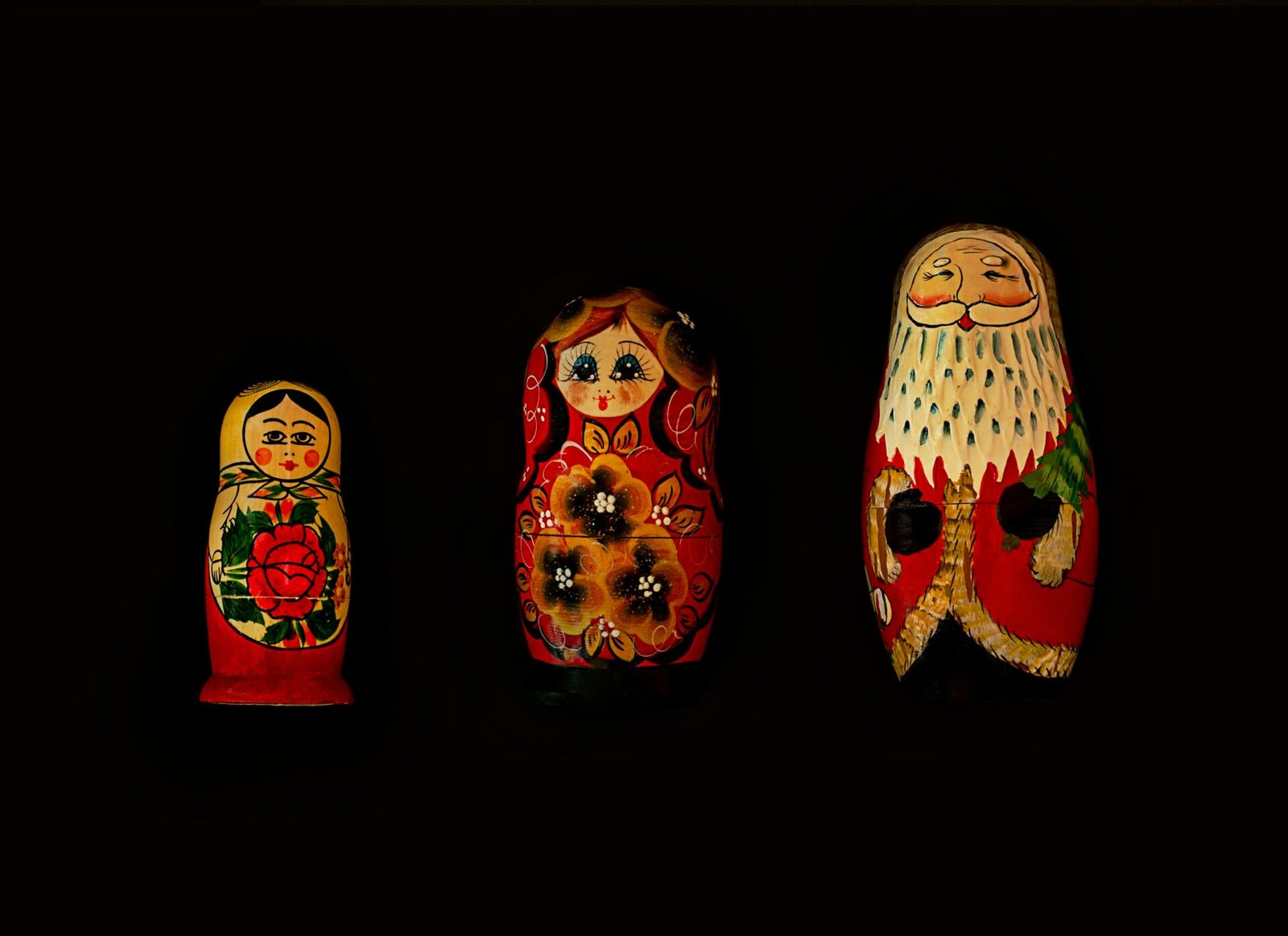What does it mean when therapists say “recovery is a journey”? The answer is much deeper than it’s about the journey, not the destination.
From ancient Norse myths to today’s multi-million dollar budget Hollywood films, heroes of all kinds press through similar stages in their epic odysseys. Joseph Campell outlines this motif in his book, “The Hero With A Thousand Faces.” Each stage of the hero’s journey can be an uplifting narrative for people who struggle with chronic illnesses by mentally reframing hardship as a source of growth.
In this blog, we’ll trace what battling depression looks like at each stage, following the hero (you!) through their journey to a happier and healthier self.
The Hero’s Departure
Everyday Life. In film and literature, the protagonist (or main character) is introduced in their status quo. Their life may be boring, difficult, or painful but it’s where we meet the main character in their natural state. You are the main character of your own story and your everyday life is your zone of comfort, mental illness and all. But that’s about to change.
Call to Adventure. A challenge is introduced to the soon-to-be hero. A hero’s mission, should they choose to accept it, is usually a physical journey to unknown lands. But in reality, our calls to adventure are often mental journeys. And the call isn’t a knock on the door, it’s the desire to heal.
Joseph Campbell describes “the call” as outgrowing the familiar life horizon. He writes, “the old concepts, ideals, and emotional patterns no longer fit; the time for the passing of a threshold is at hand.” You might have been ignoring signs of depression in your life but are now craving change.
Refusing the Call. The hero might not initially accept the call to change. Why should they, with their life as comfortable and familiar as it is? The unknown can be terrifying and full of ambiguous danger and difficulty. In J.R.R. Tolkien’s The Hobbit, Bilbo Baggins adamantly refuses Gandalf’s invitation to share an adventure in favor of maintaining the hobbits’ status quo of comfort. In the film adaptation, Bilbo changes his mind and joins the dwarf company after they have already embarked.
Ultimately choosing to begin the journey means stepping out of our comfort zone. For people with chronic mental illness like depression, unhealthy habits have become a comfort zone: addiction, social isolation, and apathy. You may initially feel fear and anxiety at the idea of change, but speaking to a trusted friend can set you on the path to finding your mentor.
Venturing Into an Unknown World
Crossing the Threshold. Taking the first step out our front door might look like a vulnerable phone call with a friend, or it might be making an appointment with a therapist. Something needs to change, and your trusted mentor will help incite that change.
Meeting the Mentor: Every hero is trained by a mentor. Karate Kid’s Mr. Miyagi, Star Wars’ Yoda, Marry Poppins, Harry Potter’s Dumbledore, and Dune’s Lady Jessica are just some of many classic mentors who impart to the main character wisdom, magical abilities, or skills that prepare them for their journey. Mentors will not accompany a hero for their entire journey, which challenges the protagonist and forces personal growth.
Your therapist helps equip you with the ability to better understand yourself and coping skills to help manage the challenges and symptoms of depression. The other members of your support group can also help you along the way by offering emotional and practical support.
Tests, Challenges, & Allies. When facing fears, stress triggers a fight, flight, or freeze response. Stress comes in varying levels, whether it’s triggered to defend us from physical threats or mental ones. But with a mentor’s help (in this case, a therapist’s help) and support from allies, the hero learns to use coping mechanisms for defense in stressful challenges. Unhealthy coping habits and sources of avoidance might be identified through exposure and a therapist helps build new strategies and belief systems.
The Innermost Cave. This represents the deepest parts of our mind that house the roots of mental health struggles. Psychologist Carl Jung refers to this darkness as the “shadow.” But the shadow isn’t always a single monster. Hiding in the innermost cave of someone with depression might be several monsters with names like Childhood Abuse, Death and Grief, or Self-Loathing. These characters can hang together and inform one another, creating an intricate web of challenges and darkness.
It’s normal to want to avoid dealing with these monsters. It’s normal to have setbacks when trying to deal with them too. Some trial and error can be expected when utilizing and evolving coping strategies and developing new beliefs. Confronting your innermost cave or shadow is the climactic peak of your journey, and it will take time to find your way.
Unlike the rebels in Star Wars blowing up the Death Star or Harry Potter defeating Voldemort, we don’t fight and kill the monsters in the cave but learn to live with them as a part of our human experience. We learn to manage … the right way. Once we no longer operate from our “zone of comfort” and give up reliance on unhealthy habits, these monsters lose power over us.
The Hero’s Return
Master of Two Worlds. In fiction, the hero has mastered two worlds and emerges transformed. Neo is the One and understands the truth about the matrix and reality. Moana has seen the outside world and returns to her village as a hero. Shrek returns to his swamp after the fairytale journey he didn’t want and is emotionally open to Fiona.
In real life, you have learned how to better operate in the physical world by understanding your inner world. Physical-world transformations might occur, such as increased energy, new and healthier relationships, or a better position at work. But you will certainly notice inner transformations, like self-compassion, heightened self-esteem, and a greater sense of control when confronting what used to make you anxious.
Freedom to Live. In the final stage, the hero has returned home with the gift of mastery and lives their life in freedom. They “share the elixir” by passing on what knowledge and skills they’ve gleaned on their journey. Once Bilbo returns, he shares his many adventure stories with hobbit children, including Frodo, which will incite wonder and courage for his own journey later. Once you’ve regained control of your life, you too can become an ally to others on their road to healing.
This is your call. Will you answer?
If you’re waiting for a call to adventure–for a call to a happier and healthier self–this is it. Cross the threshold and leave behind your old life today with the next step: meeting your mentor. Schedule your first session with one of our therapists at Austin Anxiety and Trauma Specialists and we’ll embark on your journey together.






